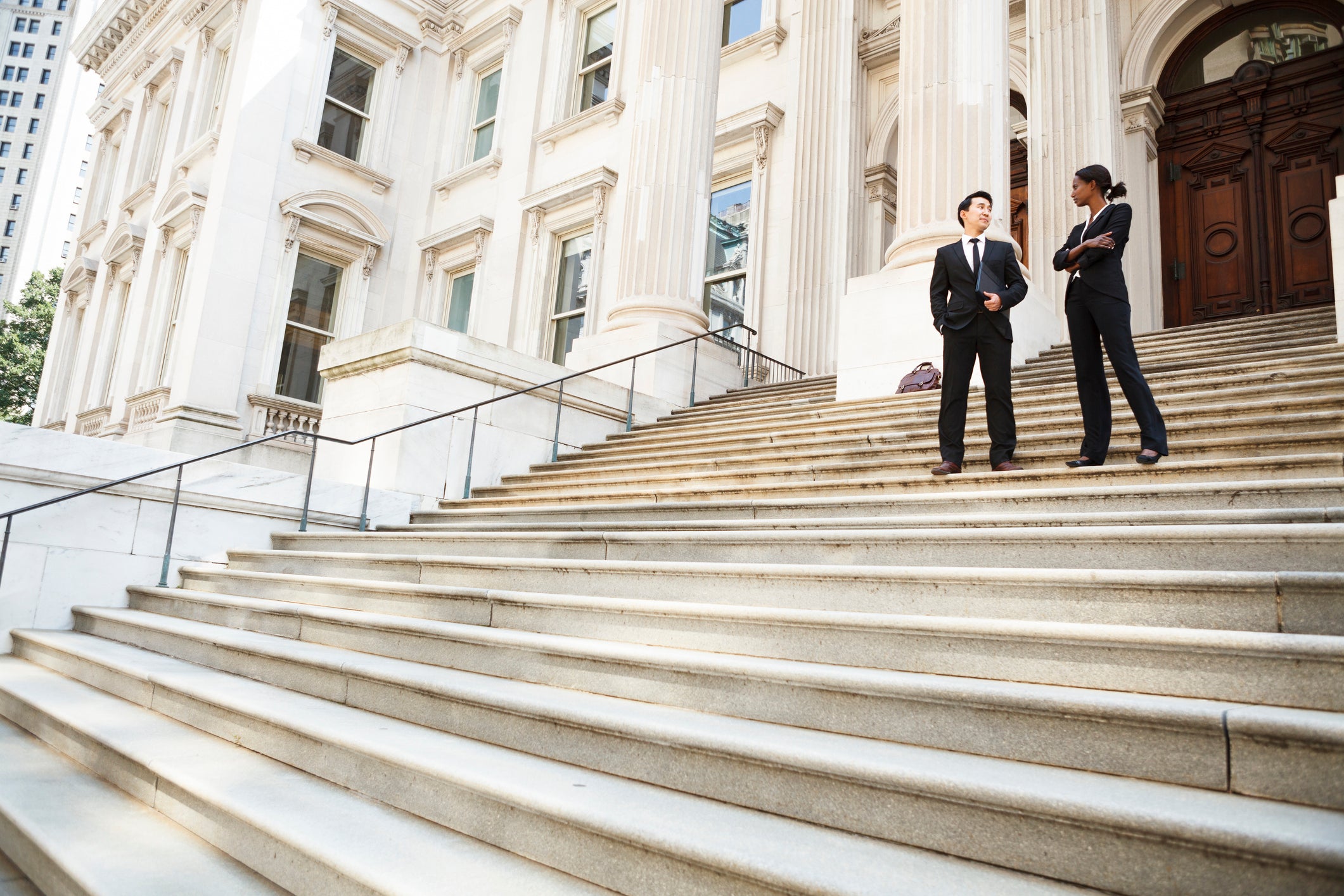The Lawsuit Against StubHub: A Deep Dive Into the D.C. Attorney General’s Allegations
The NBI Team

In a significant legal move, the Attorney General of Washington, D.C., Brian Schwalb, has filed a lawsuit against StubHub, the well-known ticket resale platform. The lawsuit, filed on July 31, 2024, alleges that StubHub engaged in deceptive pricing practices, swindling District residents out of approximately $118 million over nearly a decade. This blog post will delve into the details of the lawsuit, the allegations made by Attorney General Brian Schwalb, and the broader implications for consumers and the ticket resale industry.
Background of the Lawsuit
The lawsuit centers around a practice known as “drip pricing,” where companies advertise a low initial price but add mandatory fees later in the purchasing process. This practice, according to the lawsuit, violates consumer protection laws in the District of Columbia. The Attorney General’s office claims that StubHub’s pricing practices have disproportionately affected D.C. residents, who spend more per capita on live entertainment than those in other major cities like New York and Los Angeles.
Allegations Against StubHub
The core of the lawsuit’s allegations is that StubHub uses a deceptive pricing model to lure consumers with low advertised prices, only to reveal significantly higher final prices at the checkout stage. This practice is described as a "classic bait-and-switch scheme." The lawsuit provides detailed examples of how this pricing model works, including screenshots of the ticket purchasing process on StubHub’s website.
One example cited in the lawsuit involves the purchase of tickets for an Usher concert at the Capital One Arena. The initial price for two tickets was advertised as $356, but by the time the consumer reached the final checkout page, the total price had jumped to $497 due to additional service fees. The lawsuit claims that StubHub never discloses how these fees are calculated or what they are used for, creating a lack of transparency for consumers. You can read the entire Complaint filed against StubHub here.
The Impact on Consumers
The Attorney General’s office estimates that StubHub’s drip pricing practices have cost D.C. consumers $118 million in hidden fees since September 2015. These fees, which can amount to upwards of 40% of the advertised ticket price, are described as “convoluted junk fees” that exploit consumers. The lawsuit argues that these deceptive pricing practices create a false sense of urgency and pressure consumers into making purchases without fully understanding the total cost.
StubHub’s Response
In response to the lawsuit, StubHub has expressed disappointment, stating that their user experience is consistent with the law, their competitors’ practices, and the broader e-commerce sector. The company maintains that it is “committed to creating a transparent, secure, and competitive marketplace for consumers.” StubHub also highlighted its support for federal and state solutions that enhance existing laws to empower consumers, such as requiring all in pricing uniformly across platforms.
Broader Implications
The lawsuit against StubHub is part of a broader trend of increased scrutiny on ticket resale platforms and their pricing practices. In recent years, several States, including New York and California, have enacted laws requiring all in pricing, where the full, final cost is presented at the beginning of a sale. Additionally, a federal bill known as the Transparency in Charges for Key Events Ticketing (“TICKET”) Act was passed by the House of Representatives in May 2024 and is currently pending before the Senate.
The issue of hidden, alleged junk fees is also a key accusation in the pending antitrust lawsuit against Live Nation, filed by the Department of Justice earlier this year. The DOJ has argued that such fees levied by Ticketmaster on American concertgoers “far exceed” those in other countries. These legal actions reflect a growing concern among regulators and consumers about the transparency and fairness of pricing practices in the ticket resale industry.
Conclusion
The lawsuit filed by D.C. Attorney General Brian Schwalb against StubHub highlights significant issues related to transparency and consumer protection in the ticket resale industry. The allegations of deceptive pricing practices and hidden fees underscore the possibility for greater regulation and oversight to ensure that consumers are not exploited. As the legal proceedings unfold, it will be important to monitor the impact on StubHub and the broader ticket resale market, as well as any potential changes to consumer protection laws that may arise from this case.
Learn More At NBI
Check out www.nbi-sems.com for all your CLE needs! Additionally, learn of other legal updates and trends posted on NBI’s blog.
